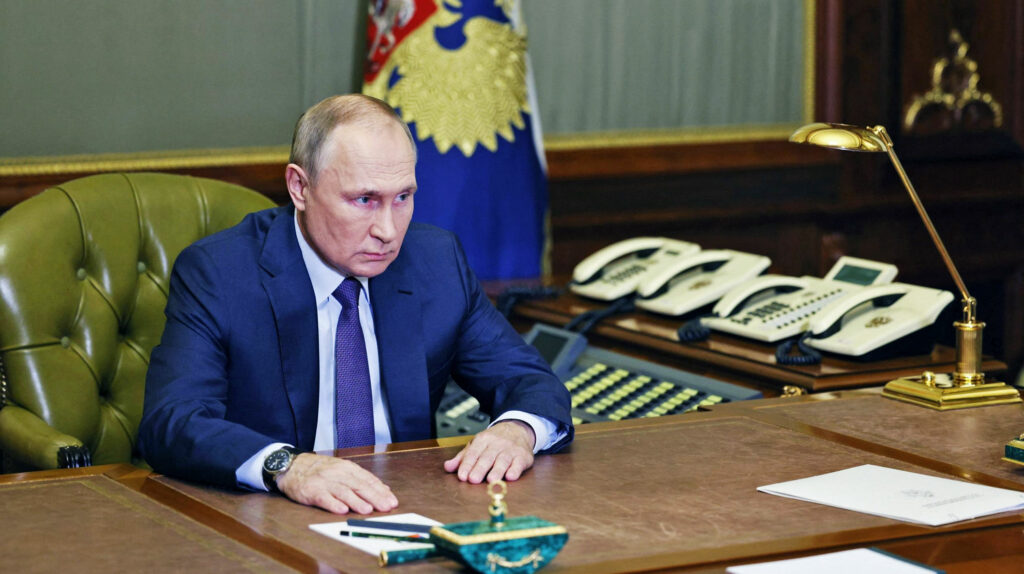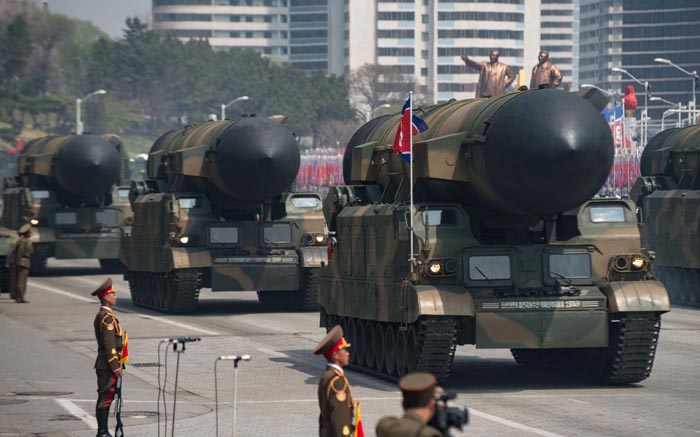In an increasingly interconnected world, the specter of global conflict looms large. However, with proactive measures and strategic diplomacy, it is possible to mitigate tensions and prevent the outbreak of a world war. Here are key strategies to navigate the complexities of international relations and promote peace on a global scale.
Diplomatic Dialogue and Negotiation
Open channels of diplomatic dialogue and negotiation serve as vital tools in defusing tensions and resolving conflicts peacefully. Engage in constructive dialogue with adversaries to address underlying grievances, identify common interests, and seek mutually beneficial solutions. Utilize diplomatic channels, mediation efforts, and international organizations such as the United Nations to facilitate dialogue and foster cooperation among nations.
Promoting Economic Interdependence
Economic interdependence serves as a powerful deterrent to conflict, as nations with strong economic ties have a vested interest in maintaining stability and avoiding disruptions to trade and investment flows. Foster economic cooperation, partnerships, and trade agreements that promote mutual prosperity and interdependence among nations. By strengthening economic bonds, countries can reduce the likelihood of resorting to military confrontation as a means of resolving disputes.

Building Alliances and Coalitions
Strategic alliances and coalitions play a crucial role in deterring aggression and promoting collective security on the world stage. Forge alliances with like-minded nations that share common values, interests, and security concerns. Strengthen existing alliances such as NATO and forge new partnerships to enhance deterrence capabilities and promote regional stability. By standing together in solidarity, nations can send a clear message of unity and resolve to potential aggressors.
Investing in Diplomacy and Conflict Resolution
Preventing world war requires proactive investment in diplomacy, conflict resolution, and peacebuilding efforts. Allocate resources towards diplomatic initiatives, peacekeeping missions, and mediation efforts aimed at de-escalating conflicts and addressing root causes of instability. Support diplomatic training programs, academic research, and public diplomacy initiatives to cultivate a culture of peace and understanding among nations.
Fostering Cross-Cultural Understanding
Cultural misunderstandings and stereotypes can fuel mistrust and exacerbate tensions between nations. Foster cross-cultural understanding, empathy, and tolerance through educational exchanges, cultural diplomacy, and people-to-people initiatives. Promote dialogue, appreciation of diversity, and respect for cultural differences as essential pillars of peaceful coexistence in a diverse and interconnected world.
Addressing Root Causes of Conflict
To effectively avoid the outbreak of a world war, it is essential to address the underlying root causes of conflict, such as political instability, economic inequality, resource scarcity, and social injustice. Implement policies and initiatives aimed at promoting inclusive governance, equitable economic development, and social cohesion within and between nations. Address grievances, inequalities, and grievances that can fuel resentment and radicalization, leading to heightened tensions and instability. By tackling the root causes of conflict, nations can create conditions conducive to peace and stability on a global scale.
Utilizing Preventive Diplomacy
Preventive diplomacy involves proactive measures aimed at preventing conflicts from escalating into full-scale wars. Anticipate potential flashpoints, tensions, and conflicts through early warning systems, intelligence gathering, and risk assessments. Engage in preventive diplomacy efforts to defuse tensions, mediate disputes, and prevent the escalation of conflicts through dialogue, confidence-building measures, and preventive actions. By intervening early and decisively, nations can prevent conflicts from spiraling out of control and avoid the catastrophic consequences of war.
Empowering Civil Society and Non-State Actors
Civil society organizations, grassroots movements, and non-state actors play a crucial role in promoting peace, advocating for human rights, and fostering dialogue and reconciliation. Empower civil society actors by providing them with the resources, support, and platforms needed to engage in peacebuilding, conflict resolution, and advocacy efforts. Encourage dialogue and collaboration between governments, civil society, and non-state actors to address shared challenges and promote peaceful coexistence. By harnessing the collective efforts of diverse stakeholders, nations can amplify their impact and advance the cause of peace and stability worldwide.
Strengthening International Law and Institutions
International law and institutions provide a framework for resolving disputes and upholding collective security in the international system. Strengthen international legal norms, treaties, and agreements that govern state behavior and promote adherence to the rule of law. Support multilateral institutions such as the International Court of Justice. International Criminal Court, and World Trade Organization in their efforts to uphold justice, promote human rights, and prevent conflict escalation.
In conclusion, while the threat of world war remains a daunting challenge in today’s world, proactive diplomacy, cooperation. Conflict resolution efforts offer hope for a more peaceful and stable future. By engaging in diplomatic dialogue, promoting economic interdependence, building alliances, investing in diplomacy and conflict resolution. Fostering cross-cultural understanding, and strengthening international law and institutions, nations can work together to avoid the catastrophic consequences of global conflict and pave the way for a more peaceful world for future generations.

